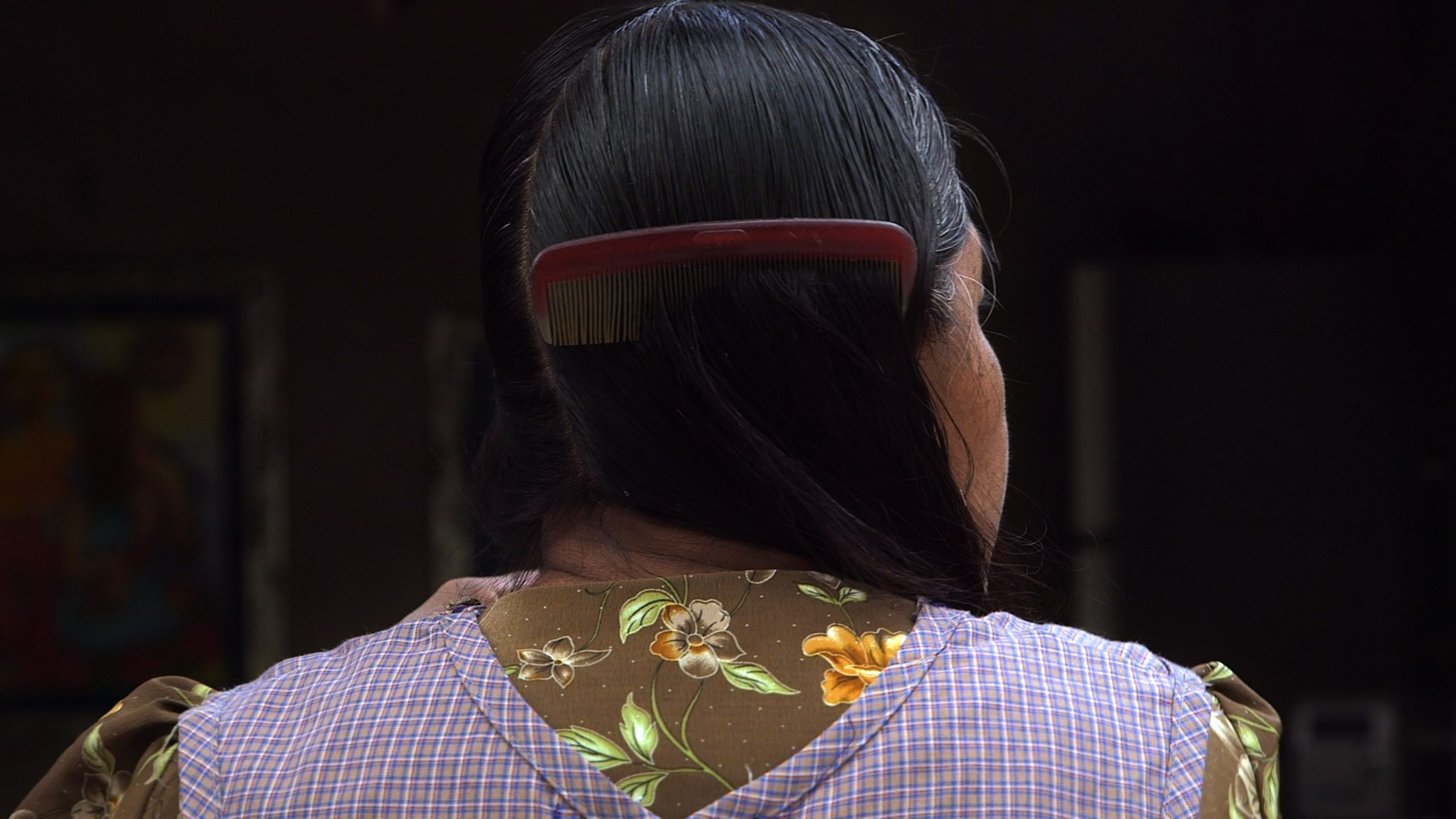
Investigating the terrain between fiction and ethnography, French-Colombian filmmaker Laura Huertas Millán has created a multifaceted body of work where political history and personal narrative meet. Her 2016 film Sol Negro is a portrait of Antonia, a Colombian opera singer, her sister, and her niece. Empathy and anger are exchanged between the women as they each reckon with feelings of deep sorrow and entrapment—within themselves and within the family. Huertas Millán’s La Libertad (2017) centers on a Mesoamerican matriarchal family that has inherited and mastered the art of weaving on the backstrap loom to explore the ties that bind labor and creativity. Across both of these ethnographic fictions, Huertas Millán’s careful attention to detail reflects the exquisite experience of everyday life.
2016–17, Colombia/Mexico/France/USA, DCP, ca 72 + discussion
Laura Huertas Millán in person
Laura Huertas Millán is interested in exploring what she calls “ethnographic fictions.” Her works have been internationally screened in museums, galleries, and cinemas including the Centre Pompidou, Paris; Galerie Nationale du Jeu de Paume, Paris; the Solomon R. Guggenheim Museum, New York; the Film Society of Lincoln Center, New York; Palais de Tokyo, Paris; Museo de Arte Moderno de Medellín, Colombia; and Instituto de Visión, Bogotá, as well as film festivals around the globe. In 2017, she was a featured artist at the Robert Flaherty Film Seminar. She has received numerous prizes, including the Grand Prix of the Biennale de la Jeune Création Européenne in Montrouge, France. She holds a practice-based PhD from Université PSL (Sciences, Art, Création, Recherche doctoral program), Paris; an MFA from École nationale supérieure des beaux-arts, Paris; and an MA from Le Fresnoy, Tourcoing, France. She has held fellowships at Harvard University; École nationale supérieure des beaux-arts, Paris; École européenne supérieure de l’image, Angoulême & Poitiers; as well as through the Colombian Cinema Fund (Proimagenes FDC).